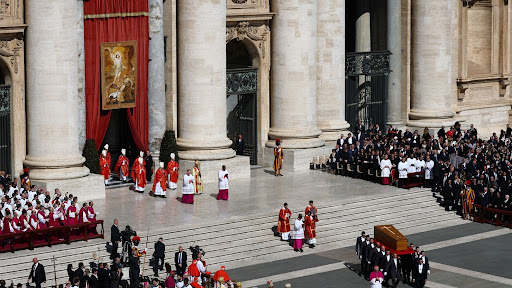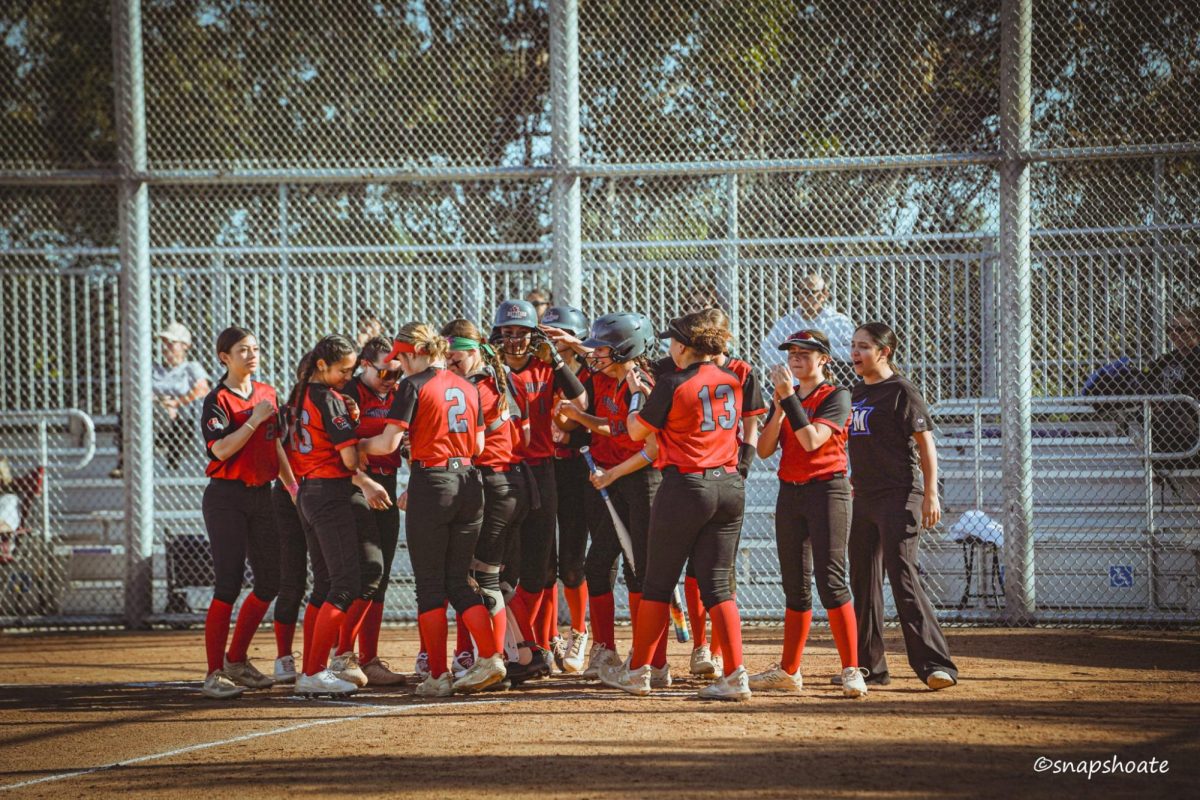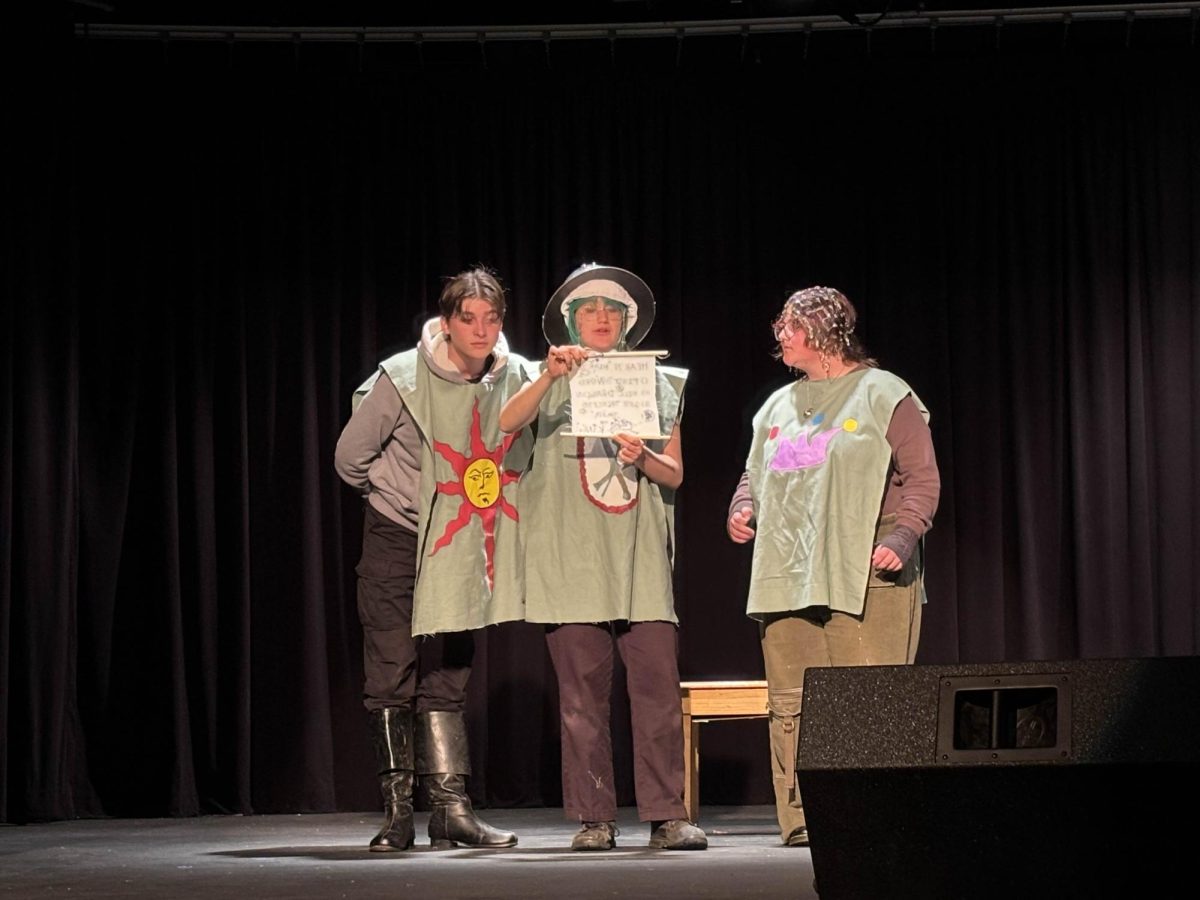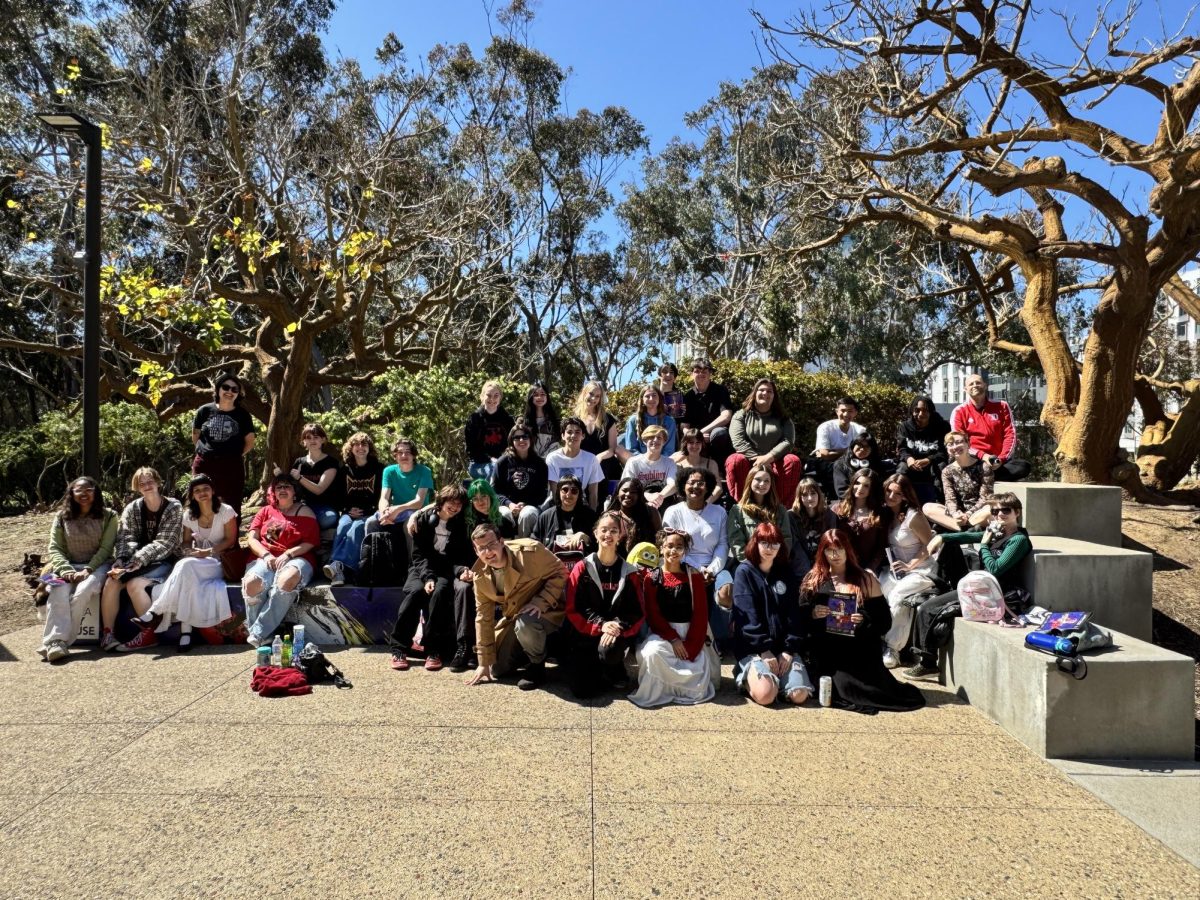Netflix’s The Clubhouse trades highlight reels for heartache, offering an unflinching look at the Boston Red Sox and the unseen emotional struggles that define life in the big leagues.
Trigger Warning: This article discusses suicide and mental health struggles, including an attempted suicide. If you or someone you know is struggling, please reach out to the National Suicide Prevention Lifeline at 988 or visit 988lifeline.org.
When Netflix set out to document the Boston Red Sox’s 2024 season in The Clubhouse, few expected a gritty postseason run or a glossy portrayal of Fenway magic. What viewers got instead is something far more important: a brutally honest look into the psychological, emotional, and human layers that often go unnoticed behind a .500 record.
Directed by Greg Whiteley—best known for Cheer and Last Chance U—The Clubhouse is not about standings. It’s about silence, stigma, and the stories players often keep to themselves. “Each game is filled with cinematic one-on-one battles,” Whiteley says. “Yet the most intense battles we witnessed occurred inside a player’s mind.”
Nowhere is that more evident than in the story of outfielder Jarren Duran.
In one of the series’ most powerful—and difficult—moments, Duran opens up about his struggle with depression, revealing that he attempted suicide during a downward spiral in the 2023 season. The scene is quiet. Raw. Unforgettable. “I thought the world would be better off without me,” Duran confesses, eyes barely holding contact with the camera. “I was drowning, and nobody could see it.”
Whiteley’s decision to leave space for Duran’s voice, without over-editing or narration, is the mark of a filmmaker who understands his responsibility. The moment lingers—and it should.
Duran’s courage has since rippled through the league. “I’m not the only one going through this,” he says. “If sharing my story helps one other player keep going, then it was worth it.”
But The Clubhouse isn’t just about darkness. It’s also about empathy, quiet resilience, and the connective tissue of a team that showed up for each other, even when wins didn’t.

Manager Alex Cora is seen as more than a strategist—he’s a steadying presence. In one pivotal moment, he pinch-hits Wilyer Abreu for Tyler O’Neill. The stat sheet says it’s a tactical move. But the series reveals that Abreu’s grandmother was gravely ill, and Cora wanted to give him a shot at something meaningful. Abreu came through with a game-tying double, but the real victory was emotional, not athletic.
Then there’s Triston Casas, the first baseman whose cerebral, often poetic view of the game provides a narrative anchor throughout the series. “I’ve dedicated my life to this game,” Casas says in voiceover. “It’s tough when you go up there because you’re vulnerable. You can do everything right and still have a bad result.”
Casas, like many others, offers viewers a rare look behind the curtain: hours spent in silence after a strikeout, phone calls home after rough games, the constant balancing act between loving the game and surviving it.
The Clubhouse is beautifully shot, intimate in scope, and deeply human. It doesn’t just tell the story of baseball players—it tells the story of people. People carrying generational pressure, cultural identity, and the weight of expectation on every pitch.
For fans who want more than stats and standings, this series delivers something far more valuable: perspective. It challenges the viewer to understand that for many athletes, the biggest battle isn’t on the field—it’s in their own head.
This isn’t just one of the best sports documentaries Netflix has ever produced—it’s one of the most necessary. In a world that too often sees athletes as superheroes, The Clubhouse reminds us they’re human first.
The Clubhouse: A Year with the Red Sox is now streaming on Netflix. And it’s not just worth watching—it’s worth listening to.
























